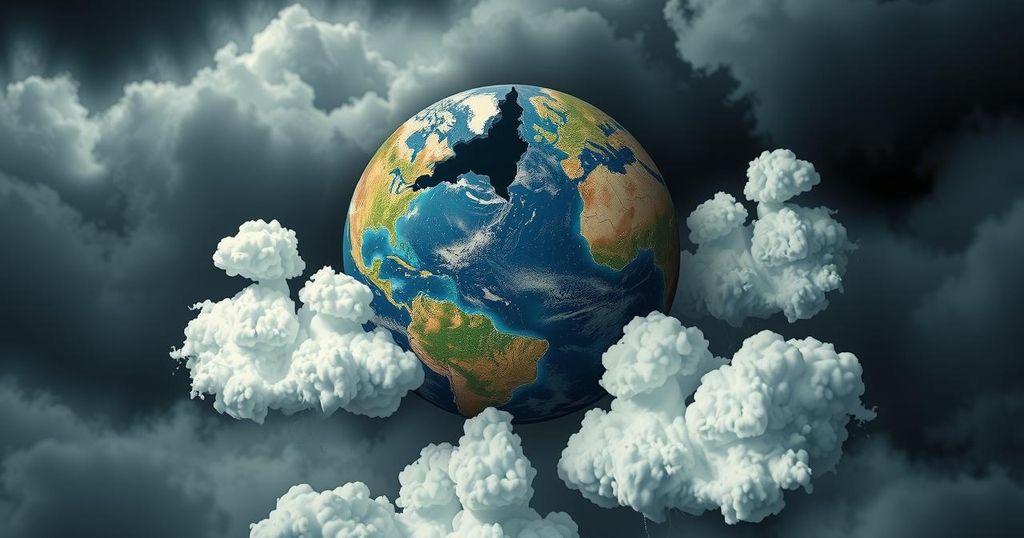The ongoing Ukraine war faces uncertainty regarding its resolution in 2025, with global opinions varying widely. Optimism is notably high in countries like China and Indonesia. President Trump has stressed the urgency of a peace agreement, but tensions arose during a recent meeting with President Zelenskyy that could jeopardize negotiations. The international community continues to respond with economic sanctions against Russia and support for Ukraine amid a humanitarian crisis.
As of February 28, 2025, the resolution of the Ukraine war within the current year remains highly uncertain, marked by diverse perspectives from global leaders, experts, and public opinion. A recent IPSOS survey involving 23,721 adults from 33 countries highlighted significant optimism in China (59%), Indonesia (56%), and India (51%), contrasted with a global average of just 27%.
U.S. President Donald Trump has underscored the critical need for a peace agreement between Russia and Ukraine, emphasizing the urgency to finalize it to mitigate Europe’s most catastrophic conflict in eight decades. However, this objective faced substantial challenges following an aggressive exchange between President Trump and Ukrainian President Volodymyr Zelenskyy during Zelenskyy’s recent White House visit on February 28.
During this visit, Zelenskyy planned to sign a mineral rights agreement with Trump, thereby enabling the United States to acquire a stake in Ukraine’s rare earth minerals, ostensibly to offset war aid expenditures. The war, which commenced with Russia’s invasion on February 24, 2022, has resulted in severe humanitarian crises, with over 12,600 verified civilian deaths and countless individuals displaced.
The significant displacement of Ukrainians has taxed neighboring nations, particularly Poland, which has recorded the highest refugee inflow, followed by Hungary, Romania, and Russia. In response to the invasion, the international community has implemented extensive economic sanctions against Russia, targeting its financial sector and imposing restrictions on trade to curtail its wartime capabilities. The U.S. Department of Defense has notably contributed by providing over $66.5 billion in security assistance since the onset of the Biden administration.
In summary, the current geopolitical climate surrounding the Russia-Ukraine conflict remains precarious. President Trump’s eagerness for peace contrasts with recent diplomatic tensions with President Zelenskyy. At the same time, the international response, characterized by significant sanctions on Russia and humanitarian aid to Ukraine, underscores the complex nature of the ongoing crisis. The path to resolution, marked by negotiations and international cooperation, remains fraught with challenges.
Original Source: globalsouthworld.com




